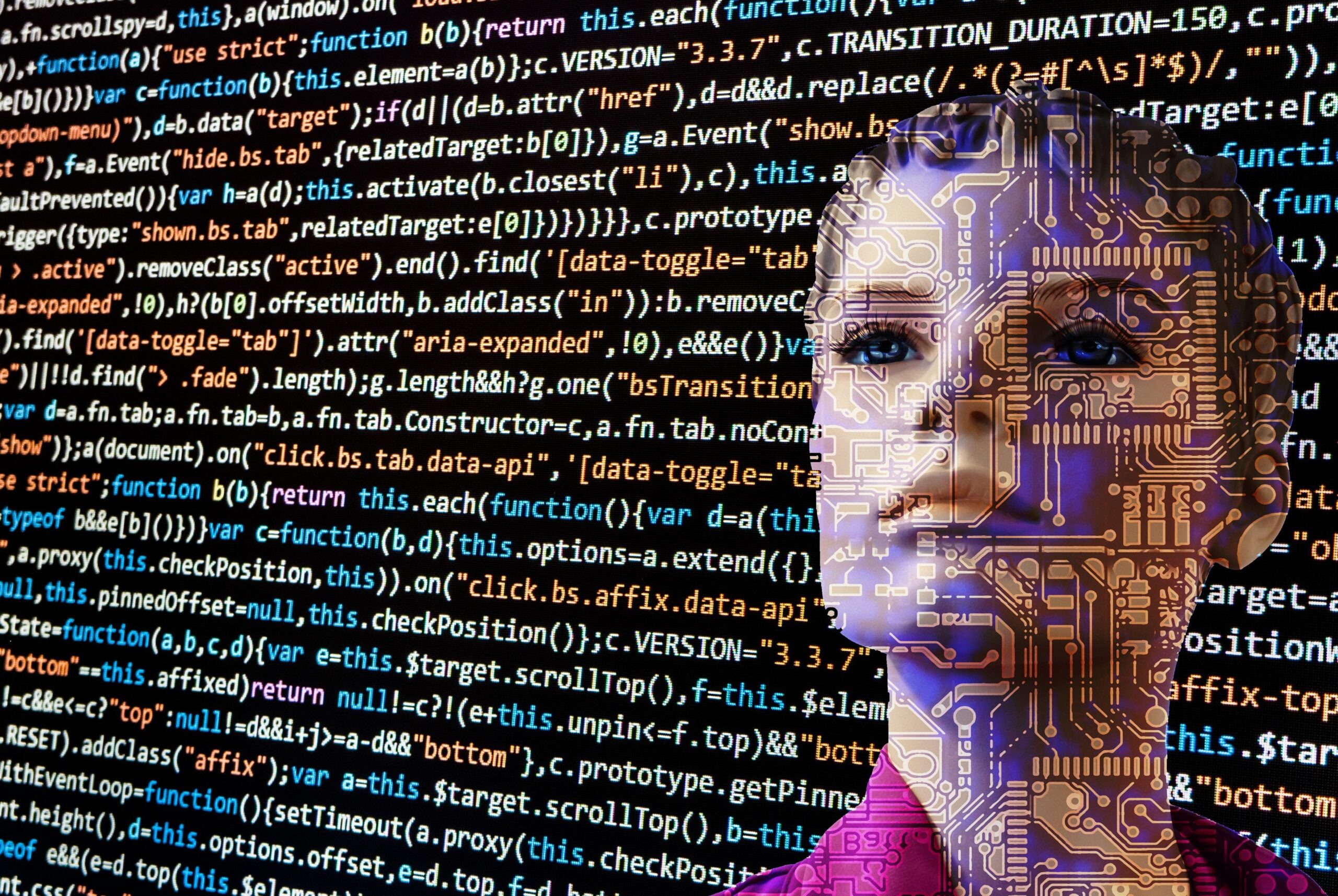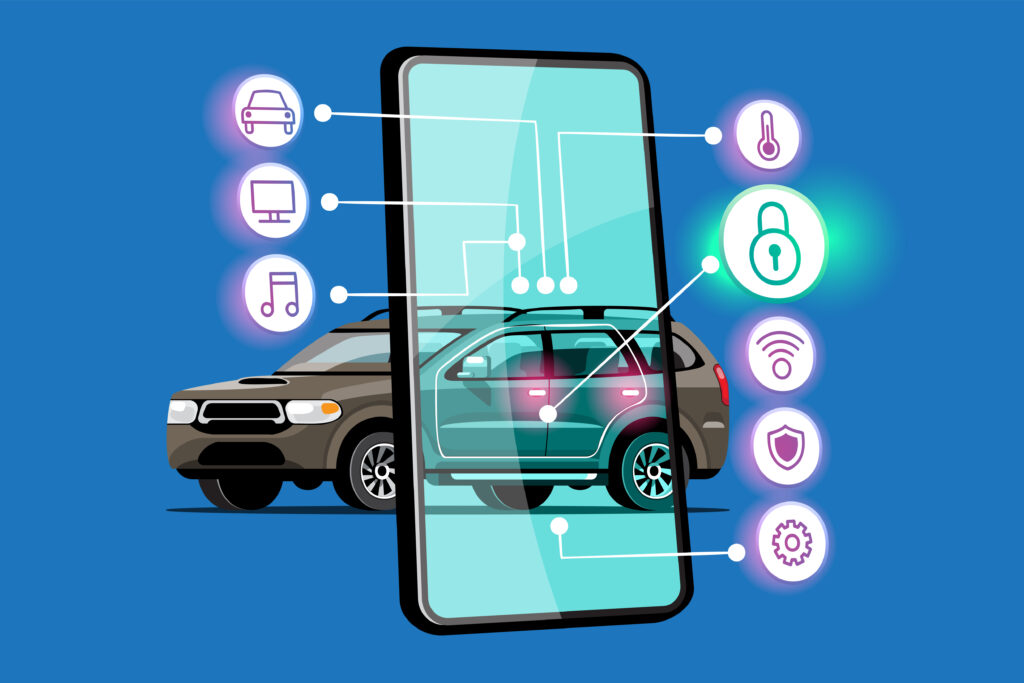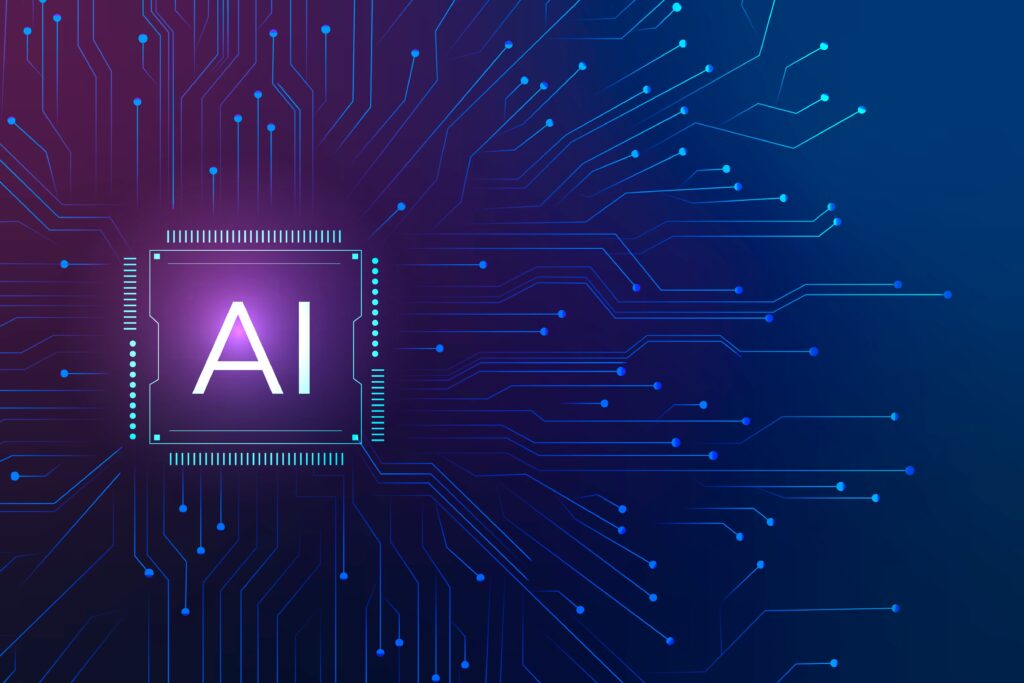How Artificial Intelligence Works: Decoding The World’s Most Important Technology
When IBM’s supercomputer Deep Blue defeated Gary Kasparov in 1996, it shook the world of chess. It was a historical moment, the first time a computer was able to defeat a human chess player. Similarly, in October 2015, Google’s Deep Mind was able to win comfortably against the strongest Go player in the world, Lee Sedol. And who hasn’t heard of ChatGPT and Bard by now? You know, the AI systems that have taken the world by storm! GPT or generative pre-trained transformers, as they are called, are capable of doing things like writing books, poems, and essays; doing tech-related work like coding, and creating summaries of PDF files in an instant. Applications of artificial intelligence are endless. We’ll talk more about this later, just as we’ll discuss the technology behind this revolutionary system and the future that lies ahead for mankind.
So let’s start by answering a few important questions on artificial intelligence.
How does Artificial Intelligence work?
While many may have heard of this catchy term, few actually know how artificial intelligence works. But before we explain its works, let’s define what artificial intelligence in a computer is.
Artificial Intelligence is the ability of a computer to simulate human intelligence tasks. Tasks like performing cognitive work, natural language processing, and analyzing large amounts of data distinguish AI from ordinary computers. An artificial intelligence system consists of both hardware and software components. It needs specialized hardware like the use of custom-made chips or electric circuits to process several terabytes of data in seconds.
Nevertheless, there’s no requirement for the system to be coded in a distinct programming language. Programmers employ diverse languages such as Python, Java, R, and C++ to construct the software, seamlessly integrating machine learning algorithms. Fueled by a high-speed processor, these algorithms, coupled with fuzzy logic, empower this specialized AI system to rapidly process vast data sets, identify correlations, unveil patterns, and deliver swift insights and predictions—akin to human capabilities, but at an accelerated pace!
Why has Artificial Intelligence become so important?
There’s a reason behind the development of such high-performing systems. Accuracy and efficiency. Mankind has been trying to accomplish multiple tasks quickly and reduce errors simultaneously. The same tasks that would take a man ages can be done by an AI system in seconds. From processing millions of raw, unstructured data finding coherent patterns, and performing logical reasoning and statistical tasks, AI is an integral part of the Industrial Revolution 4.0. Artificial intelligence in computers has made service delivery and production systems lightning-fast and highly efficient. The following aspects make artificial intelligence so important in today’s world.
- Visual perception – AI algorithms can now accurately identify and categorize objects in images and videos at near-human levels. These include capabilities like facial recognition, medical image analysis, defect detection, etc.
- Speech recognition & synthesis – AI enables speech-to-text transcription with almost 95%+ accuracy, text-to-speech synthesis indistinguishable from human recordings, and language translation.
- Logical reasoning – Through knowledge representation and reasoning, AI systems can make inferences, extract concepts, interpret data, and provide decision support by analyzing thousands of scenarios.
- Planning – In constrained environments, AI systems can create and evaluate many multi-step plans to optimize outcomes based on specified goals and defined rules.
- Natural language processing – From understanding text meanings and generating content to engaging in open-domain dialogues, AI is approaching human-level language skills.
- Creativity – Recent progress with generative AI using techniques like deep learning has demonstrated increasing creative abilities in domains like art, music, design, and storytelling.
Applications of Artificial Intelligence
The above-mentioned capabilities of AI systems give an idea about the myriad applications of artificial intelligence. Let’s explore some of these practical applications in various sectors.
- Medicine
AI can automate workflows in the healthcare industry to a great extent. The use of NLP-aided chatbots can answer general inquiries and even specific questions by patients. It can analyze thousands of patient data that would be particularly beneficial in medical diagnosis. Tools like IBM Watson are an important addition in this sector. AI-assisted robotic surgeries are also being developed to perform complicated surgeries precisely.
- Education
AI has brought a revolutionary change in the education sector by providing high-quality access to education for all. AI models can analyze student performance, make personalized content, and provide virtual tutoring services. You can get summaries of your favorite books and understand scientific journals in simple language. It also helps in creating educational apps, and virtual classrooms, and supports educators in real-time.
- Finance
AI has many practical applications in finance. This includes analyzing large historical data of stocks and indexes. It can automate tasks for brokerage firms, fund houses, and regulators to enhance customer experience. The vast amount of financial data analyzed can be used for predictive analytics and making accurate market forecasts. This will reduce the element of risk in investments. India’s top brokerage firm Zerodha has a platform called Kite that offers automated trade features. It means the AI system can take the trade for you with its inherent algorithm in place.
- Manufacturing
AI can optimize the production process in manufacturing units. It can predict maintenance needs, improve quality control, and streamline supply chain management. The use of AI-powered robots in industries has led to increased efficiency in production and reduced downtime significantly.
- Business and Marketing
In the marketing domain, AI transforms strategies by enabling personalized customer experiences, targeted advertising, and data-driven insights. It analyses consumer behavior to predict preferences, creates automated email campaigns, and enhances customer segmentation. AI-powered chatbots and virtual assistants improve customer engagement, while predictive analytics helps marketers in making informed decisions for more effective campaigns.
Conclusion: The future of artificial intelligence
With time, the list of cognitive abilities inherent to AI will only expand much like human cognition. As the technology gets better, we’ll see advanced personalization, increased analytical abilities, better cognitive performance, and newer insights based on historical data. It will cause some disruption in the job market through increased automation but it’ll also create newer avenues for employment in every sector. As human beings, we will only benefit from the knowledge of how artificial intelligence works as we’ll get new wisdom from every new application. As Kasparov rightly said, AI is just a tool and it is up to us how we use it.



